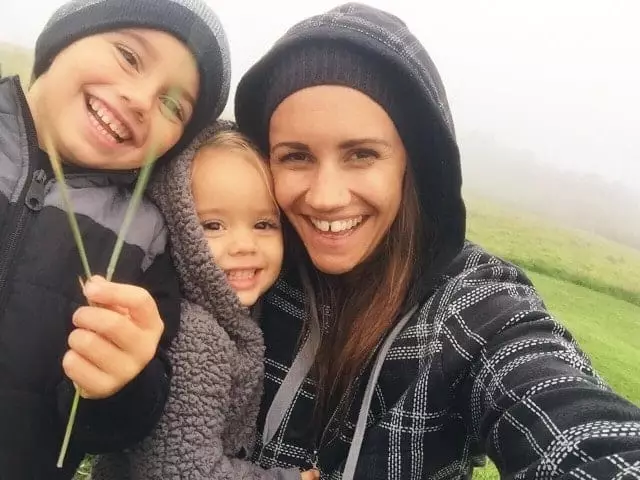Every year, as the festive season rolls around, we find ourselves caught in a whirlwind of toy advertisements, holiday sales, and the pressure to provide our children with presents that will make them smile. However, a growing body of research indicates that the essence of happiness during Christmas morning lies not in the piles of gifts but rather in the moments that create cherished memories. It’s imperative to evaluate the impact of excessive gifting on our children’s emotional and psychological well-being. The truth is, less can sometimes be far more.
The Toy Dilemma: Too Much of a Good Thing
Child development experts have observed a concerning trend: children surrounded by an overflow of toys often experience diminishing returns in happiness. Clair Lerner, a researcher in childhood development, highlights that an abundance of toys can overwhelm kids, hindering their ability to focus and engage meaningfully with playthings. Ironically, while parents may believe that more toys equal more joy, the reality is that children may end up playing less when faced with endless choices, leading to distraction rather than fulfillment.
This argument is further supported by Michael Malone, an authority in early childhood education. His research indicates that when children have fewer high-quality toys, it encourages not only sharing and cooperation but fosters an environment where children can thrive socially. This sense of community and collaboration is far more beneficial than the fleeting joy derived from unwrapping a new toy that may soon be forgotten at the bottom of the toy box.
Experiences: The Gift That Keeps on Giving
The notion of experiences over possessions is not just a growing trend; it’s a paradigm shift that parents need to embrace. A study involving 3,000 children aged 3 to 5 at Oxford University revealed that academic and emotional growth stemmed more from parental involvement and home environment than from the material possessions available to children. Children who enjoyed activities with their parents, free from the distractions of toys, consistently outperformed their peers academically and socially.
This insight underscores the importance of prioritizing time spent together. When families engage in activities—from cooking together to exploring nature—it creates a foundation for profound connection, which is far more significant than any fleeting joy a toy could bring. These shared experiences not only enhance learning opportunities but also shape children’s character and emotional intelligence, creating well-rounded individuals.
The Power of Gratitude and Generosity
Adding another layer to this discussion is the correlation between experiences and the growth of gratitude in children. Research by psychology professor Thomas Gilovich underscores that experiences foster a deeper sense of happiness than material possessions. Through meaningful activities—like a family trip or classes—children learn to be grateful, cultivating an appreciation that lasts a lifetime.
Integrating gratitude practices into family life can maximize these benefits. Engaging in discussions about memorable experiences or even simple rituals like sharing daily highlights can instill a profound sense of appreciation in children. Such habits help frame their perspectives positively, fostering emotional resilience—a vital skill for navigating life’s challenges.
Reframing Our Holiday Traditions
The traditional image of a Christmas morning filled with toys is a comforting yet misleading narrative. The pathway to true happiness lies not in the number of gifts under the tree but in the quality of shared experiences. Parents should embrace simplicity; minimizing toys can lead to richer relationships and deeper emotional connections.
Instead of succumbing to commercial pressures, consider whether your celebrations can pivot toward moments that underline your values and foster growth. Christmas can be transformed into a profound opportunity to awaken joy through shared experiences, gratitude, and love, creating lasting memories that will be far more precious than any toy could ever be.

